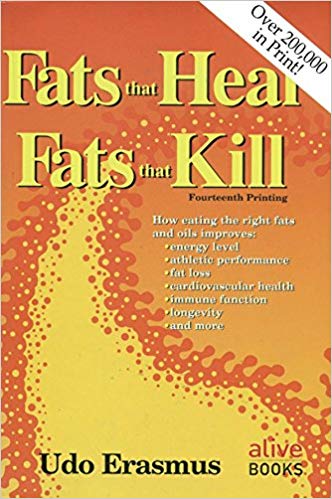By Ben Fuchs | Pharmacist Ben
When the subject of nutrition comes up, oftentimes the conversational spotlight gets focused on the term vitamins, which gets tossed around as an all-inclusive, catch-all term for all nutritional supplements. In the interests of accuracy, it’s important to keep in mind that the term vitamins refers only a single component of the nutritional supplement world, which includes protein, essential fats, minerals, water, fiber, and carbohydrates, and accessory nutrients like NAC and alpha lipoic acid and probiotics.

The word vitamin is actually a slang term for nutritional substances that are more technically called “co-enzymes”. These being biomolecules that assist enzymes in their work of making biological chemistry happen.
The body is a seething, bubbling factory of chemical reactions. Every cell in the body, of which there are many trillions is capable of producing somewhere on the order of 10 thousand to 100 thousand chemical reactions per second!! To put it in even more dramatic, (if incomprehensible) terms there are quadrillions (!) of individual chemical reactions occurring in our bodies every minute we are alive. And each one of these chemical reactions depends on the action of enzymes and, in-turn, each one of these enzymes requires the assistance of coenzymes some of which are the vitamins. Considering most of our vitamin needs are met by foods or supplementation, in other words, they are not made by the body, the stupendous importance of making sure we are giving our body generous quantities of these critical molecules through the diet and through nutritional supplements become obvious.
There are two classes of vitamins, those that dissolve in water and those that dissolve in oil, the so-called water soluble vitamins, which are the B-complex and Vitamin C and the fat soluble vitamins, D, E, A and K. The water soluble vitamins critical as they may be are easier to work with than the fat soluble vitamins. You can and should take a lot of B-complex and vitamin C, they are multi-functional and used and excreted rapidly. The best way to make sure your getting enough of the water soluble vitamins is to take generous amounts, in water all day long, i.e. by drinking them. The fat soluble vitamins, D, E, A and K are much trickier to work with. Optimal assimilation of the substances requires a healthy and well-functioning digestive system including especially the liver and gall bladder. And, because they are transported around the body in the lymphatic system if things aren’t moving well in the lymph, fatty vitamin activity may be impaired. The same is true if you have liver problems or gall bladder problems, especially if you’ve had your gall bladder removed or if you have pancreatic health issues. If this is the case, you’re going to want to take the fatty vitamins with meals that include fatty foods. Digestive enzymes can help so can apple cider vinegar and perhaps pancreatin which contains digestive enzymes. You can also use se bile salts, maybe lecithin and you might want to consider including some choline which the body can use to make lecithin.
Take home message:
Use generous amounts of the B-complex and Vitamin C throughout the day. Put them in water or some other liquid medium and drink them down slowly for best results
Take fatty vitamin D, E, A and K supplements with meals that contain some kind of fatty foods. If you are dealing with digestive health issues i.e. those that involve the stomach, small intestine, liver, gall bladder or pancreas, you can improve the absorption of these fatty vitamins by taking them with digestive enzymes, pancreatin, bile salts, apple cider vinegar, lecithin and choline.










